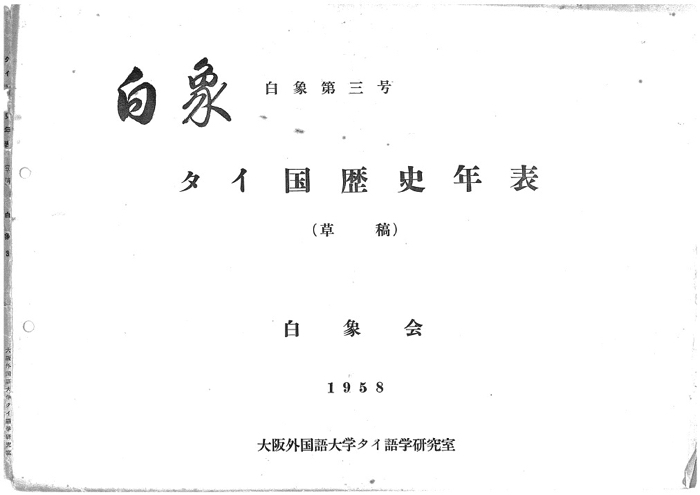- Project Leader : Hinata Shinsuke (Shizuoka University, Organization for the Promotion of Global Education Programs)
- Collaborators : Kano Hiroshi (Aichi University, Faculty of International Communication)
- : Yamada Hitoshi (Meio University, Faculty of International Studies)
- : Yano Hidetake (Komazawa University, Faculty of Arts and Science)
- : Iwaki Yasunobu (Kure National Collage of Technology, Department of Architecture)
- : Tashiro Akiko (Nara National Research Institute for Cultural Properties, International Cooperation Section, Department of Coordination and Planning)
- : Hirata Akiko (Tokyo University of Foreign Studies, Graduate School of Arts and Culture Studies)
- : Sakagawa Naoya (Kyoto University, Center of Southeast Asian Studies)
- : Kobayashi Satoru (Kyoto University, Center of Southeast Asian Studies)
- : Hiramatsu Hideki (Osaka University, School of Foreign Studies)
Outline of Research
The purpose of this preliminary research is to set an agenda for a future collaborative project by discussing the possible role of cultural history in 21st century Thai society. As researchers from various fields participate, this research will create broad and beneficial networks.
Description
This research is an attempt to set an agenda for a future collaborative project by discussing the possible role of cultural history in Thai society today, and will provide a rare opportunity for researchers from various fields (i.e. political history, intellectual history, cultural history, architectural history, film history, Buddhist studies, archaeology, anthropology and literature) to exchange information and opinions.
During the fiscal year 2014, the research group aims at compiling and publishing “A Chronological Table of Thai Cultural History.” There are a few reliable chronologies of Thai political and economic history already published in several languages. Meanwhile, chronologies with a broad perspective including socio-cultural events in Thailand are yet to be made aside from a couple of exceptions in the Thai language. Therefore, our work will have considerable academic and social impact, and provide a basic ground to consider ‘Thai Cultural History in the 21st Century.’
In addition, we are planning a new joint research project on Kingship, the relationship between politics and religion, and public space in Thailand by focusing on the socio-cultural history of Sanam Luang (the Royal Field).
These attempts noted above have seldom been done in Thai studies in Japan, and should be considered as an exploratory research project.


